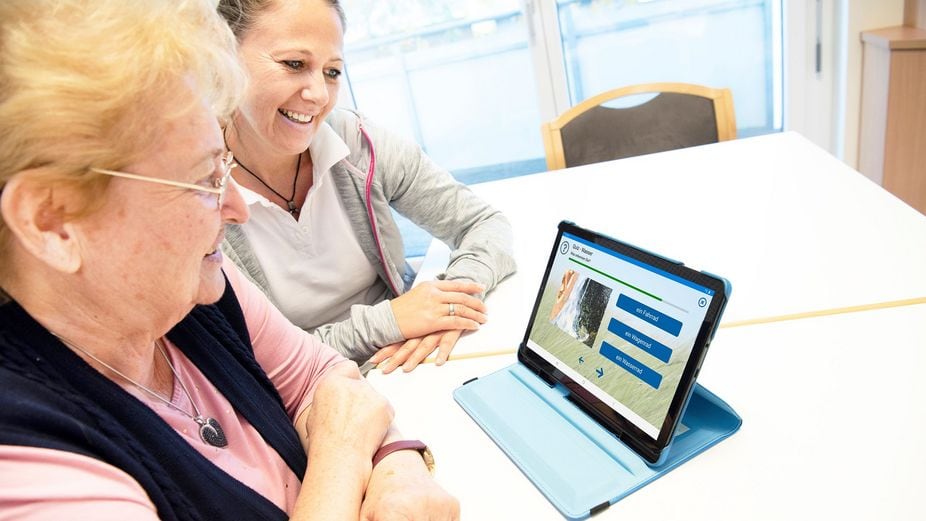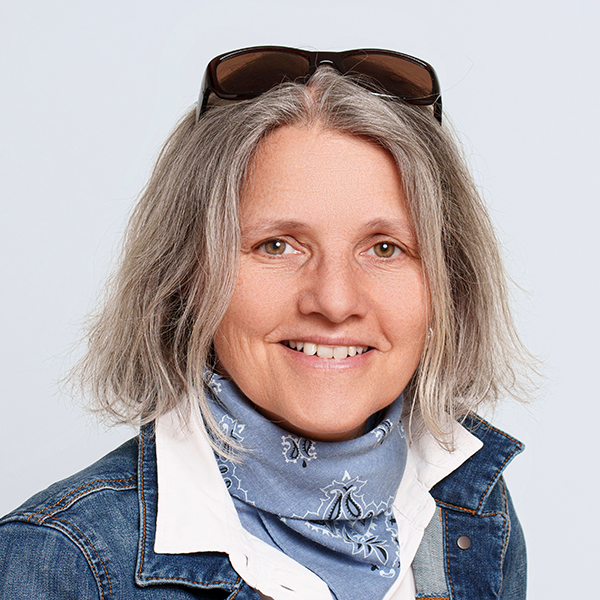The project work on multimodAAL lasted three years and the results are now finalised. The aim was to develop a flexible, personalisable and cost-effective overall technical solution for a holistic - i.e. cognitive, movement-oriented and social - training system that takes cognitive and physical performance data into account and closely monitors lifestyle influencing factors. This system is intended to support people in the elderly and early stages of Alzheimer's dementia and maintain their performance for as long as possible. The 6-month study phase has now been completed and it has been shown that the global performance of all test subjects is maintained and does not deteriorate. "We are working intensively on technologies that help older or impaired people and are proud that the project consortium has achieved such a clear project success. This means we can help many people to maintain their quality of life," summarises JOANNEUM RESEARCH project manager Silvia Russegger from the DIGITAL Institute. And best of all, the digital training is available to anyone interested.
Digital data analysis reveals early stages of Alzheimer's disease
"We can derive objective, quantifiable characteristics of biological and physiological processes from digital biomarkers. In the context of dementia research, we are interested in estimating the scores of neuropsychological screening instruments from easily determined digital data of behaviour in daily life. This allows us to define so-called early warning systems that indicate the first signs of dementia. This provides more scope for early treatment," explains Lucas Paletta, an expert in the field of human-centred computing at the DIGITAL Institute. Digital biomarkers are data-processing methods. "We have found that those affected are most engaged with them at the beginning of training and go through up to two topics a day. This intensity decreases in an exponential curve down to just under one topic per day," explains Christiane Aschlener from the Austrian Red Cross.
Studydetails
The study conducted was a so-called mixed methods study. The design of the quantitative part was a randomised controlled trial (RCT), the qualitative part was conducted in the form of supplementary interviews (individual interviews and focus groups) with a content analysis. The study was conducted in Styria and all participating people with Alzheimer's dementia came from the home environment, assisted living or care homes. By the end of the study, 53 people with Alzheimer's dementia had been recruited. A total of 26 of the people examined were included in the study, with a final sample of 23 people after study cancellations. The neurological and neuropsychological examinations, the blood sampling, the interview with relatives and the MRI examinations were carried out by the Medical University of Graz under the direction of the Department of Neurology.


